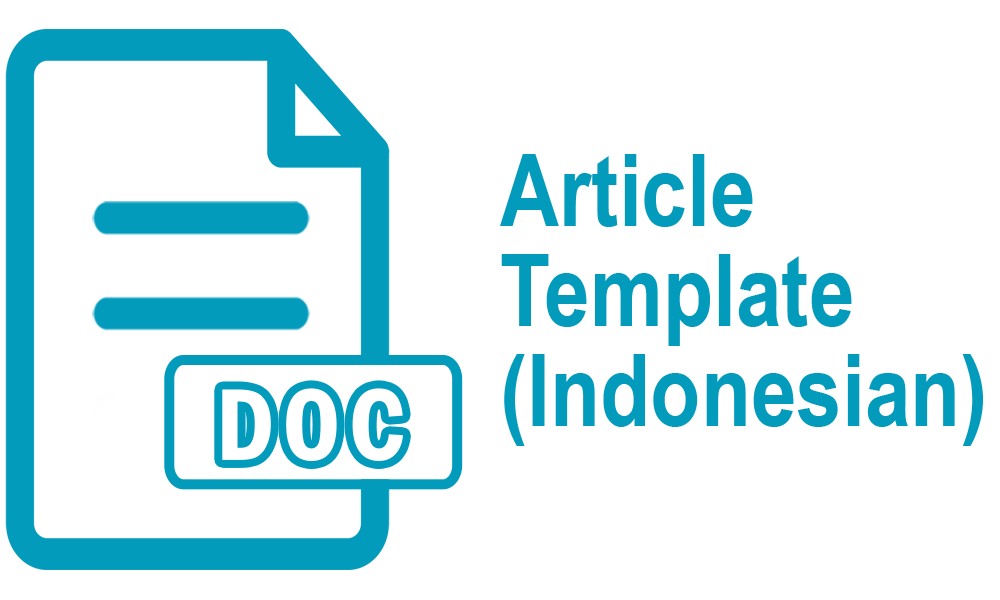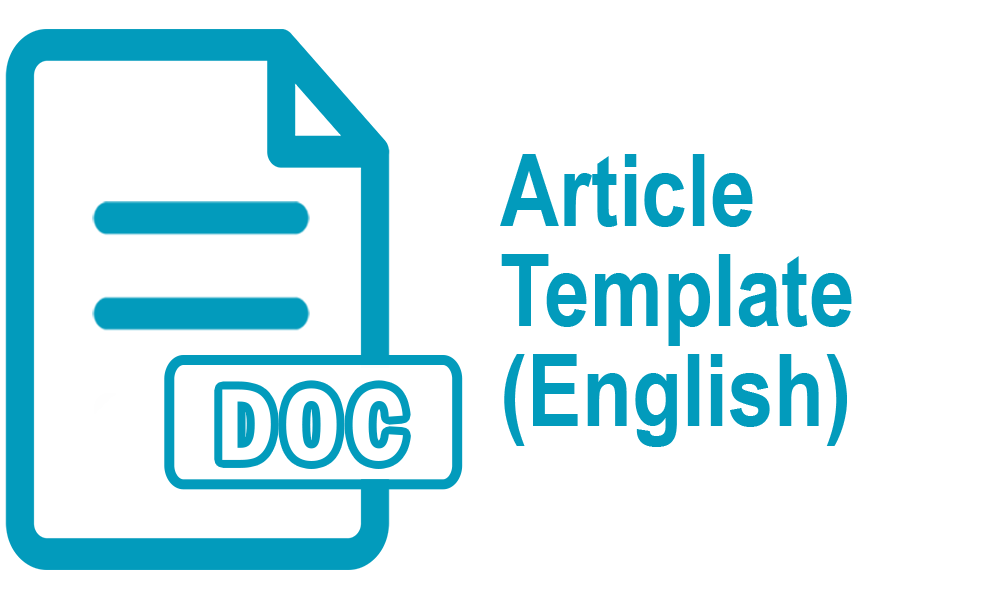AN ANALYSIS OF ILLOCUTIONARY ACT AND PERLOCUTIONARY ACT OF JUDY HOPPS' UTTERANCES IN ZOOTOPIA MOVIE (2016)
Abstract
ABSTRACT
In this research, the researcher focused on finding the types of illocutionary act, the context of illocutionary act and whether Judy Hopps’ utterances affected the hearers performing the perlocutionary act in Zootopia movie. The researcher used two theories by George Yule and Dell Hymes in order to answer the three research questions; what types of illocutioay acts performed by Judy Hopps’ utterances, what the contexts of ilocutionay acts found in Judy Hopps’ utterances and how successful the illocutionary acts of Judy Hopps’ utterances affected the hearers performing the perlocutionary acts in Zootopia movie. Illocutionary act is performing an act by saying something. There were five types of illocutionary act, such as: representatives, directives, commissives, expressives and declarations. Zootopia movie is a story about a little rabbit; named Judy Hopps as the main character in Zootopia movie. She is an idealistic, cheery, and optimistic and then she wants to be a police officer in Zootopia city. Using descriptive qualitative method, the data of this research were gathered from the utterances containing the types and the context of illocutionary act also whether Judy Hopps’ utterances affected the hearers performing the perlocutionary act in the conversation of Zootopia movie. The results showed that there were thirteen utterances in the form of representative which can be categorized into statements of fact, assert, conclusion, inform, affirm, and report. Thirteen directive utterances in the form of commands, orders, insist, ask, entreat, request. Commissives appeared in the form of commit, promising, refuse, wishing and threatening. Expressives which appear in the form of complimenting, deploring, greeting, mocking, thanking, praising, apologizing, and leave-taking. The last type of illocutionary act was declaration which appeared in the form of approving.
Keywords: Zootopia movie, types of illocutionary act, the context of illocutionary act, the perlocutionary act
ABSTRAK
Dalam penelitian ini, peneliti fokus mengetahui jenis-jenis tindak ilokusi, konteks tindak ilokusi dan apakah ungkapan-ungkapan Judy Hopps mempengaruhi pendengar menampilkan efek dari tindak ilokusi tersebut di film Zootopia. Peneliti menggunakan dua teori dari George Yule dan Dell Hynes untuk menjawab tiga rumusan-rumusan masalah, yaitu: apa saja jenis-jenis tindak ilokusi yang ditampilkan dari ungkapan-ungkapan Judy Hopps; apa saja konteks-konteks yang di temukan pada ungkapan-ungkapan Judy Hopps dan bagaimana sukses atau tidak suksesnya tindak ilokusi pada ungkapan-ungkapan Judy Hopps yang mempengaruhi pendengar dalam menampilkan efek dari tindak ilokusi tersebut dari ungkapan Judy Hopps. Tindak ilokusi adalah melakukan suatu tindakan dengan mengatakan sesuatu. Ada lima jenis-jenis tindak ilokusi, yaitu: representative, direktif, komisif, ekspresif, dan deklaratif. Film Zootopia adalah kisah tentang seekor kelinci, dia adalah Judy Hopps sebagai pemeran utama dalam film Zootopia. Dia adalah seekor kelinci yang idealistik, riang, optimis, dan kemudian dia ingin menjadi seorang polisi di kota Zootopia. Menggunakan metode deskriptif kualitatif, data penelitian ini dikumpulkan dari ungkapan-ungkapan yang berisi jenis tindak ilokusi, konteks tindak ilokusi dan ungkapan-ungkapan Judy Hopps yang mempengaruhi pendengar menampilkan efek dari tindak ilokusi tersebut dari ucapan Judy Hoops. Dari hasil analisis dapat disimpulkan bahwa terdapat tiga belas ungkapan dalam bentuk representative yang dapat dikategorikan kedalam menyatakan suatu fakta, menuntut, kesimpulan, memberitahukan, menegaskan, dan melaporkan. Tiga belas ungkapan direktif dalam bentuk memerintah, pemesanan, meminta dengan tegas, bertanya, memohon dengan sangat dan meminta. Komisif muncul dalam bentuk melakukan, member, harapan, menolak, berharap, dan mengancam. Ekpresif muncul dalam bentuk memuji, menyesalkan, salam, menghina, meminta maaf, dan berpisah. Jenis terakhir dari tindakan ilokusi adalah deklaratif yang muncul dalam bentuk mengakui.
Kata kunci: film Zootopia, jenis-jenis tindak ilokusi, konteks, efek
Full Text:
PDFReferences
Hymes, D. (1974). Foundation in Sociolinguistics. London: Tavistock Publications Limited.
Movie Disney. (2016). Zootopia. http://movie.disney.id/zootopia, 2016. Web. May 16, 2016.
Miles, M. B. (1994). Qualitative Data Analysis.United Stated: Sage Publication.
Movie Disney. (2016). Zootopia. Web. May 17, 2016.
Nunis, Samawati. (2012). An Analysis of Illocutionary Acts in Film Alice in Wonderland. Tulungangung: IAIN.
Nugroho, A. S. (2011). An Analysis of Illocutionary Act in Sherlock Homes Movie. English Deparment Letters and Humanities Faculty State Islamic University, Syararif Hidayatullah Jakarta, 11-14.
Sakdiyah, Fatimatus. (2014). The Analysis of Illocutionary Acts Used by the Main Characters in Endgame Drama by Samuel Beckett. Surabaya: State Islamic University Sunan Ampel.
Searle, R. John. (1969). An Essay in the Philosophy of Language. Cambridge University Press.
Searle, J. R., & Vanderveken, D. (1985). Foundations of Illocutionary Logic. London: Cambridge University Press.
Wardani, N. A. (2011). An Analysisi of Illocutionary Act in Prince of Persia: The Sandof Time Movie. Jakarta: UIN Syarif Hidayatulah.
Wardhaugh, R. (2006). An introduction to Sociolinguistics. United Kingdom: Blackwell Publishing Ltd.
Yule, G. (1996). Pragmatics. Oxford University Press.
_______. (2014). The Study of Language. New York: Cambridge University Press.
DOI: http://dx.doi.org/10.30872/jbssb.v1i4.713
Refbacks
- There are currently no refbacks.
Copyright (c) 2017 Magdalena Febriwati Nadeak, Dyah Sunggingwati, Nita Maya Valiantien
Editorial address:
Fakultas Ilmu Budaya, Universitas Mulawarman
Jl. Ki Hajar Dewantara, Gunung Kelua, Kec. Samarinda Ulu, Kota Samarinda, Kalimantan Timur, Indonesia 75123
Email: jurnalilmubudaya.fibunmul@gmail.com
Website: http://e-journals.unmul.ac.id/index.php/JBSSB
Ilmu Budaya: Jurnal Bahasa, Sastra, Seni, dan Budaya is licensed under a Creative Commons Attribution-ShareAlike 4.0 International License






